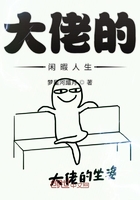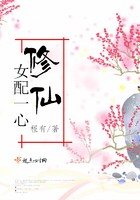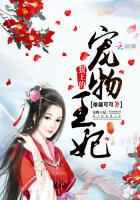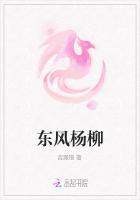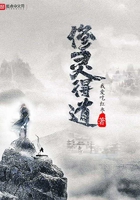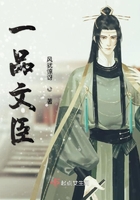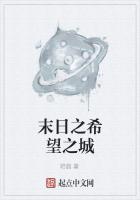Top talk-show host Cui Yongyuan has spent the past eight years recording the reflections and memories of over 3,500 Chinese men and women in an effort to document a vanishing past.
By Yang Shiyang and Yuan Ye
Writing Chinese history has long been a privilege of the victor. New dynasties would defame the preceding regime to secure legitimacy, only to be discredited by successive rulers. The defeated, the disgraced and the unimportant have failed to find a voice in State annals.
Not so in recent years. The information age has derailed the centralized narrative of China’s history and provided people with access to an increasingly varied range of viewpoints. The pursuit of a people’s history has been taken to a new level by talk-show host Cui Yongyuan, one of the most revered figures in China’s entertainment industry.
Cui, 47, has been working for China Central Television (CCTV) for more than a decade and a half. He has now amassed funding for a 60-strong private TV crew to systematically document modern China’s history through recorded interviews. In eight years, Oral History has documented the testimony of more than 3,500 people, including war veterans, retired government officials, blue-collar workers, entrepreneurs and artists. The project has already cost 130 million yuan (US19.5m), with little financial return, and rumors circulating that the crew has gone unpaid for months.
Cui shot to fame in 1996, hosting the talk show Talk the Truth, which soon topped the ratings for its bold topics and Cui’s humorous, relaxed but sharp style, which spawned a raft of copycat shows across the local net-works. However, at the zenith of his career, Cui withdrew from the public eye in 2002 and was soon diagnosed with severe clinical depression, which he had previously battled for a number of years. He made his comeback in July 2003 with a new talk show, yet people found him a shadow of his formerly effusive and probing self. Cui continued to struggle with his illness, and saw historical research, a subject which fascinated him despite his association with current affairs, as a workable form of therapy.
In 2004, Cui’s documentary debut, a series about Chinese film history, was aired on CCTV. The documentary chronicled Chinese cinema from its birth at the beginning of the 20th century, through WW2 and the Chinese Civil War and after the founding of the People’s Republic. The series ran until 2009 and, in conducting interviews with key figures in Chinese film history, Cui was inspired to embark on a more ambitious project.
“Initially I only wanted to document the artistic history of film. However, when we started interviews, I began to realize that we were instead documenting its political history,” Cui told NewsChina.
Cui found that aged interviewees would often deviate from film making to discuss the historical background to certain films – the art policies of the Party and the countless political campaigns which determined the direction of art in China for almost a century. “I found those insights particularly valuable. Therefore I decided to let interviewees loose and document entire life stories,” said Cui.
Cui’s Oral History spans four areas of discussion: China’s foreign relations and Chinese people studying abroad, veterans’ war memoirs, an oral history of the People’s Republic of China and the development of Chinese cine-ma. My War of Resistance, Cui’s completed 32- part documentary series on the Sino-Japanese War has so far only been screened online, adding to rumors that Cui’s relations with CCTV have soured in recent years.
Yet Cui denies these allegations. In fact, he said, he didn’t want to have the new documentary broadcast at all. “To cut those interviews into 30-minute episodes was really painful,” he said. He also added that some content could not be broadcast due to its political sensitivity. Cui has signed confidentiality contracts with many interviewees requiring their accounts to only be made public after their death, despite his burning desire for his interviewees to see the public response to their testimony. He is also worried that time is outpacing his project, with crucial witnesses to historic events dying before his team can reach them.
Despite overseas interest in the material Cui’s eight-year project has amassed, its creator is reluctant to see his work go abroad. Cui has rejected offers from Columbia University to buy his archive for several million dollars. His response, “I won’t sell. But people are welcome to consult my work anytime.” NewsChina caught up with Cui to ask him about the future of his magnum opus.
NewsChina: On what basis did you choose the four focal areas of Oral History?






